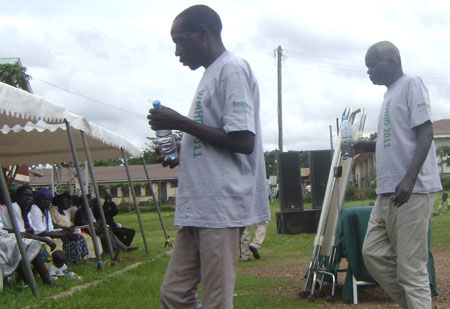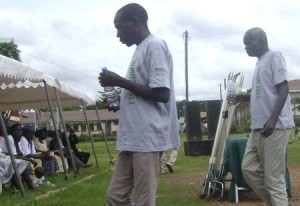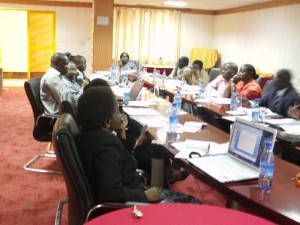By Flavia Lanyero
Experts have decried the sluggish stride Uganda is making to utilise provisions for flexibilities under the Trade Related Aspects of Intellectual Property Agreement (Trips), saying such failures will hamper access to medicine in the near future.
The experts highlighted the need to incorporate the flexibilities under the Patent Law to comply with obligations under the World Trade Organisation on protection and enforcement of intellectual property rights. “Almost 90 per cent of drugs in Uganda are imports, most of which are generic versions which need protection from patent owners, who may want to stop their sale in a bid to sell their expensive brand name drugs instead; Ugandans would not be able to access cheap drugs,” said Mr Moses Mulumba, a lawyer with Centre for Health Human Rights and Development.
The Doha Declaration, a flexibility of Trips, provides an opportunity to place the protection of public health beyond private commercial interests. It affirms the right of countries to use safeguards such as compulsory licences to overcome patents when necessary to promote access to medicines for all.
Today marks 10 years of the Doha Declaration but the Industrial Property Bill, which is supposed to incorporate Trips, has not been passed into law. Technocrats in the Ministry of Trade say the Bill has been delayed in Parliament since 2009.
Mr Mulumba said it will be unfortunate if by 2013 Uganda has not made an effort to pass the industrial property law.
Source: All Africa.com/The Monitor
http://allafrica.com/stories/201111140191.html




